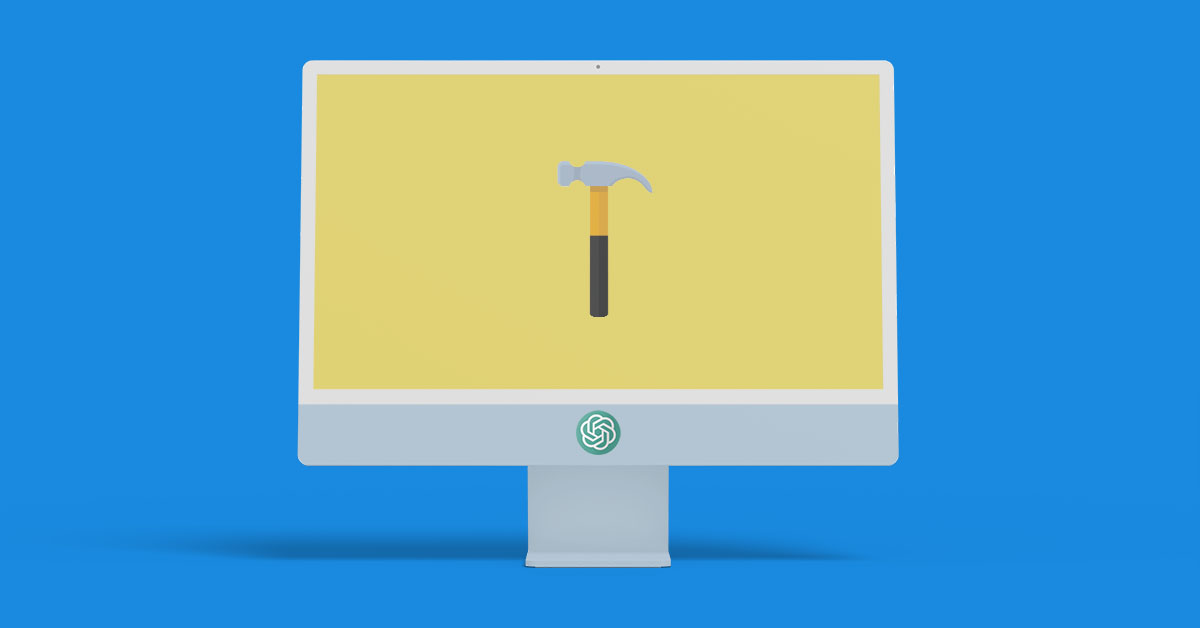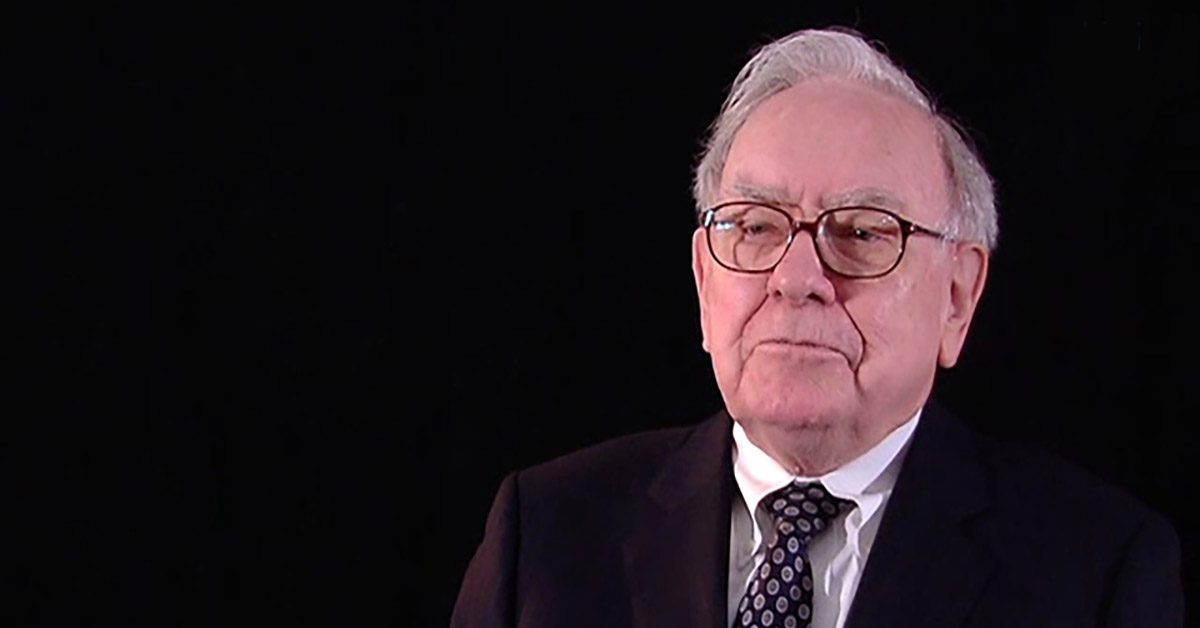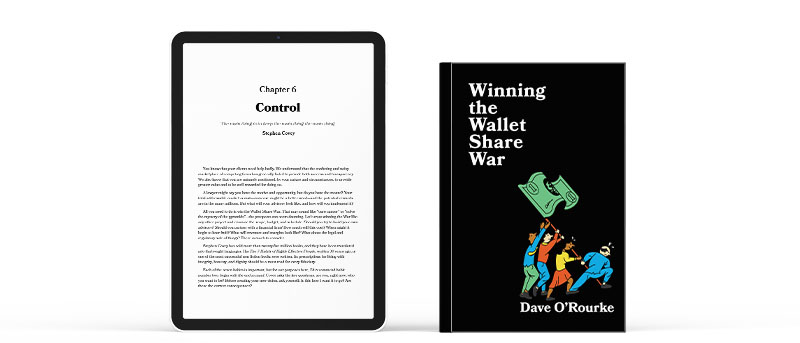The national conversation sometimes veers into near hysteria and seems to be doing so now over artificial intelligence. McKinsey Global Institute has suggested that automation and artificial intelligence could displace between 400 and 800 million jobs in the next seven years. Other experts predict that the accounting industry will be among the hardest hit.
I’m not being a contrarian when I say let’s settle down and think this through. I’ve heard about the death of accounting several times before, yet the profession has always continued to survive and prosper. I’d like to offer five reasons tax professionals should be optimistic about artificial intelligence.
CPAs Won’t Be Replaced Any Time Soon
Massive displacements typically take a long time. Consider that Karl Benz built his first automobile in 1885, the same year Gottlieb Daimler patented his three-wheeled gasoline-powered vehicle. The two eventually merged, in 1926, but horses would remain vitally important for many decades. Germany and the Soviet Union employed over six million horses in World War II.
While ChatGPT and the latest artificial intelligence software appear to be pretty good at mimicking things like creative writing and deep fake videos, computational reasoning appears to be far behind. On April 13th, Accounting Today had ChatGPT take the CPA exam. While the superbot had passed the Wharton MBA and the bar exams, it badly failed all four CPA exam sections.
What seems clear is that artificial intelligence is wonderful at number crunching but simply not capable of critical thinking—the very thing that tax professionals specialize in.
Eliminating Tasks Accountants Hate Is A Good Thing
Artificial intelligence may eliminate many accounting tasks, but it’s worth asking if they are things you want to do. Do you really want to do a job that can be called a robotic process? Maybe not. We routinely hear our tax partners complain about how difficult it is to find and retain good bookkeeping help, and that payroll finally won its race to the bottom. Automation has been displacing routine, repetitive, and manual processes since the dawn of the Industrial Revolution in 1760, and there’s no reason to think it will stop.
The waste industry (successfully rebranded from garbage) has been transformed in much of the USA. Not so long ago, a three-person team, made up of a driver and two sanitation workers hanging off the back, drove the streets of towns and cities across the U.S. emptying cans into garbage trucks. Now a single driver of an automated truck with a joystick-maneuvered arm does the job faster and cheaper, with many fewer work-related injuries. How long can it be before self-driving trucks with fully robotic arms eliminate humans entirely?
The CPA Is A Wisdom Worker, Not a Robot
According to the Wall Street Journal, approximately 100 million knowledge workers in the U.S. comprise about 60% of the workforce. Gartner believes that the number of knowledge workers will grow rapidly due to the need for more workers with communication and critical thinking skills.
I’d like to make one as long as everyone else is making predictions about the future—forgive the redundancy. I believe that the evolution of labor won’t stop at knowledge worker. I believe that the wisdom worker will become increasingly in demand. We would define a wisdom worker as a subject matter expert with the experience and judgment to help consumers and younger workers make informed decisions that factor in the subtleties of empathy and non-verbal cues.
Benjamin Bloom is credited with creating a tool, known as Bloom’s Taxonomy, that’s been used by generations of K-12 teachers. Artificial intelligence, it seems to me, will be developed along a similar path as software continues to evolve toward the human metaphor. The taxonomy posits that there are three domains in learning: Cognitive, Affective, and Psychomotor; these represent knowledge, emotions, and actions.
Some examples might help illustrate the challenges that lie ahead in the development of artificial intelligence. When we consider knowledge, a machine can name several different kinds of apples, but can it explain which ones to use when making a pie, and why? When we think about actions, a machine can perceive the distinguishing characteristics—the recycling bin versus the landfill bin. But can it design and initiate a new recycling ordinance?
Judgment, abstract thinking, and creativity applied to the unique value set of a given human being or organization, is something only another human being can do.
The CPA Won’t Compete With AI
Around 1958, an engineer at a company called Spotnails adopted the technology used in fighter jet pilot ejection seats to create the first portable and effective pneumatic nail gun. A nail gun is just another word for a hammer, but it would go on to revolutionize the construction industry. A carpenter with a nail gun is massively more productive and effective than a carpenter swinging an old-school hammer. Putting up a new building became faster, cheaper, and better.
This did not put carpenters out of business. It simply enabled the ones who evolved their tool use to out-compete the ones that did not. This is the way to think about artificial intelligence, in my opinion. It simply offers the tax professional a way to be more productive, more price competitive, and less error-prone. Those are all very good things. Artificial intelligence is valuable for the CPA because of its gift of time. By eliminating those repetitive tasks, the tax pro can focus on planning and strategy, which not only require a human (at least for now), but have a far greater impact on the client’s fortunes.
Accountants are not the only financial professionals concerned about artificial intelligence. The entire FIRES space (Finance, Insurance, Real Estate, Securities) will be affected by artificial intelligence, not just accounting. Think for a moment about who will be most vulnerable. Here’s a hint: it will be those roles where critical and abstract thinking about multivariable problem-solving is least important. If it’s me reading the signs, salespeople will likely disappear before treasurers, controllers, and Family Office Directors do.
A CPA’s Balance Sheet Holds Incredibly Valuable Assets
Over the course of my career, I’ve seen a huge amount of failure among financial advisors, and that alone is an interesting thing for tax pros to think about. Can you look back at your career and remember a giant percentage of young accountants who failed out of the industry? I don’t have the exact numbers, but I’d bet that the number of people who make it through the entire three-year development program at a wirehouse is in the low double digits.
Why do almost all CPAs go on to a good, and sometimes great, career while most stock brokers and financial advisors fail? The answer is simple: the brokers and advisors are in sales, while the CPA is in finance. The CPA provides definitive, objective, and valuable advice specifically in the client’s best interests, while the salesperson dukes it out with other salespeople for control of the client’s spending on financial services.
The two biggest causes of failure for advisors and brokers are the need to meet people with assets to manage or protect and to engender rapport and trust. The tax pro serving business owners, high-income earners, the self-employed, real estate investors, and even people with money, has neither of those problems. Their existing book of business holds the potential to provide a massive increase in revenues, profits, and business valuation.
In the future, maybe even in the near future, artificial intelligence will do most of the number-crunching work, but that’s an opportunity, not a threat. The evolving, adapting accountant will transition to a value-based business that focuses on strategy and advisory services. The robots come in peace and bearing gifts, including the greatest gift of all: time. Your training, experience, creativity, and intellect position you to thrive in an artificial intelligence world.















